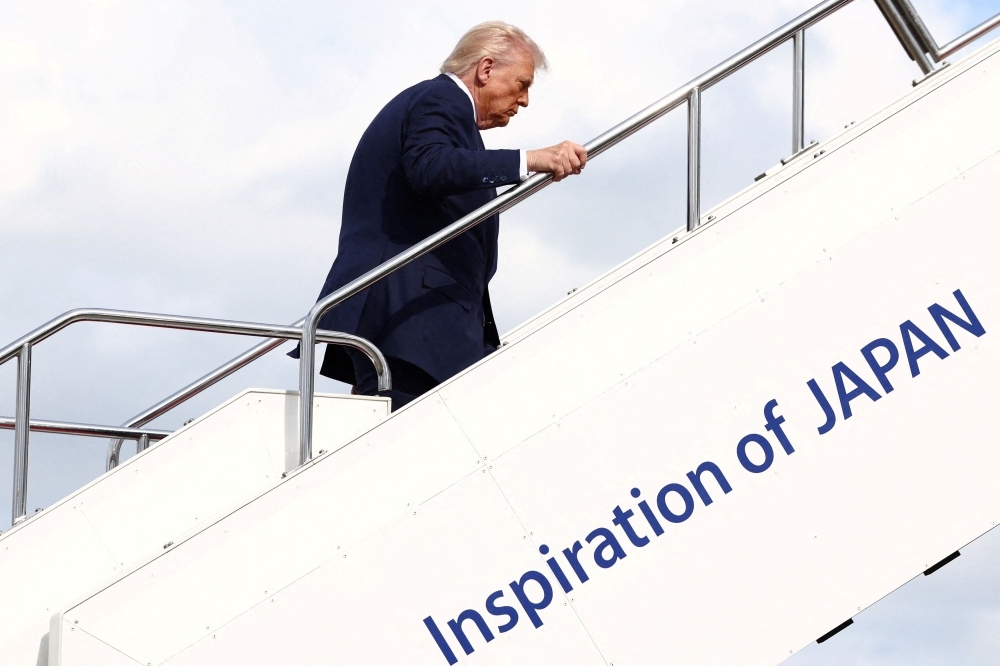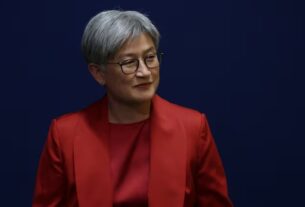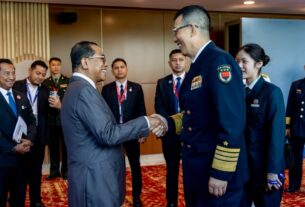As the world’s attention sharpens on East Asia, U.S. President Donald Trump is set to land in South Korea this Wednesday for a critical two-day visit — one that could shape the future of global trade and diplomacy. His most anticipated moment? A long-awaited meeting with Chinese President Xi Jinping — their first in six years — which could finally bring a pause to the fiery trade war between the world’s two largest economies.
Trump’s stop in South Korea marks the third leg of his Asian tour, following visits to Malaysia, where he received praise at a regional summit, and Japan, where Prime Minister Sanae Takaichi lauded him as a “peacemaker.” But beyond the ceremonial applause lies the real test: whether Trump and Xi can transform a fragile “framework agreement” into a signed truce that restores stability to shaken global markets and disrupted supply chains.
Analysts, however, remain cautious. “There seems to be a mismatch in terms of where both countries are heading into the Trump-Xi summit,” said William Yang of the International Crisis Group. While Washington appears eager to strike a quick deal that Trump can tout as a victory, Beijing seems more focused on rebuilding trust and managing deeper economic differences.
Before his meeting with Xi, Trump will hold talks with South Korean President Lee Jae Myung in Gyeongju — their second in-person meeting in two months. Trade negotiations between the two allies remain tense, with disputes over auto tariffs and the structure of Seoul’s US$350 billion investment pledge still unresolved.
Meanwhile, demonstrations are expected to greet Trump’s arrival in Gyeongju, with activists condemning what they call his “predatory investment demands.”
Adding a layer of intrigue, Trump has also extended an invitation to North Korean leader Kim Jong Un, suggesting a possible reunion at the Demilitarized Zone — the symbolic frontier that has long divided the Korean Peninsula. Although Pyongyang has yet to respond, Trump’s overture hints at his continued desire to shape history through bold diplomacy.
Experts note that while another handshake moment with Kim might be possible, substantial progress on denuclearization is unlikely this time. “North Korea is less isolated than before and has new leverage,” said Hong Min of the Korea Institute for National Unification.
In a world teetering between competition and cooperation, all eyes now turn to Gyeongju. Whether this meeting will deliver a breakthrough or deepen divisions remains to be seen — but what’s certain is that the outcome will ripple far beyond Asia, influencing economies and alliances across the globe.
At its heart, this moment isn’t just about two leaders. It’s about people — the businesses disrupted, the workers anxious about their livelihoods, and the nations yearning for stability in uncertain times. History may remember what is signed in Gyeongju, but humanity will remember what is felt.




